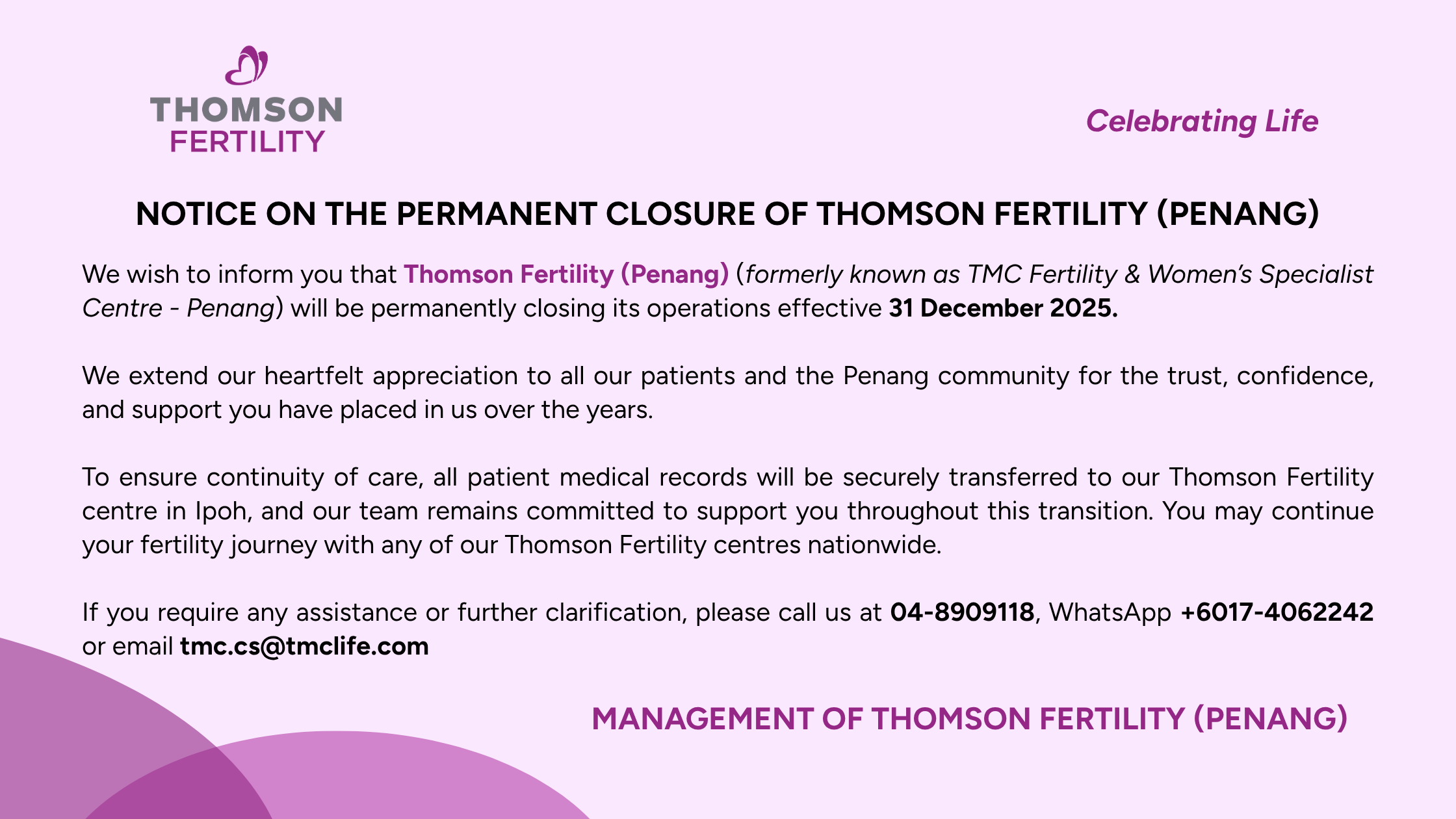While infertility can be quite the challenging journey, assisted reproductive technologies (ART) advancements like In Vitro Fertilization (IVF), Intrauterine Insemination (IUI), and (Intracytoplasmic Sperm Injection (ICSI) have eased the journey a great deal.
While these protocols may seem similar, understanding the distinctions can prove key to making more informed decisions for your treatment strategies.
Understanding the Basics
When approaching these different treatment procedures, you will first need to understand the mechanism and workflow behind each :
- IVF involves combining eggs and sperm in a laboratory. The resulting embryos will then be transferred to the uterus for implantation. This method is the most common since it’s suitable for various triggers of infertility.
- IUI is the process of placing washed, screened sperm directly into the uterus during ovulation. This step brings the sperm closer within proximity to the egg, increasing the likelihood of fertilization. This method is ideal for mild male factor infertility or unexplained infertility.
- ICSI is a specialized form of IVF where a single sperm is injected into the egg to give it a better chance at fertilization. This assists couples with a severe male infertility diagnosis or prior failed fertilization attempts.
Which Do I Choose?
Before selecting one of these protocols to aid you, you will first need to consider several different factors. Here is a simplified guide to selecting the best one for you :
- For couples with mild infertility, IUI offers a non-invasive, affordable option.
- When sperm motility or count is severely impaired, ICSI offers unparalleled precision.
- For older women or unexplained infertility, IVF remains a cornerstone due to its higher success rates.
Success Rates of IVF, IUI, and ICSI
Below are the individual success rates for these 3 ART procedures :
- IVF success rates can reach 50-60% for ideal candidates. Can cost much and require elaborate laboratory setups.
- ICSI yields similar outcomes when paired with IVF. Similar to IVF, it can cut into your budget and require high-end laboratory facilities.
- IUI has lower success rates, typically 10-20%. They are, however, less expensive and minimally invasive.
Conclusion
Each fertility journey is unique and there can be a wide range of treatment methods available to assist with your predicament – including In Vitro Fertilization (IVF), Intrauterine Insemination (IUI), and (Intracytoplasmic Sperm Injection (ICSI). Your best bet is to speak to a fertility specialist to come up with the best, most personalized treatment strategy to tackle your specific struggles.



